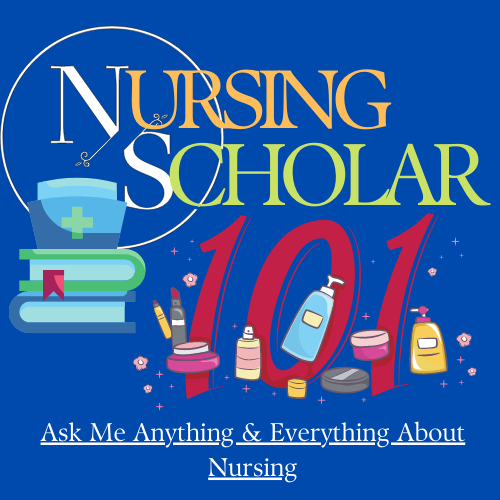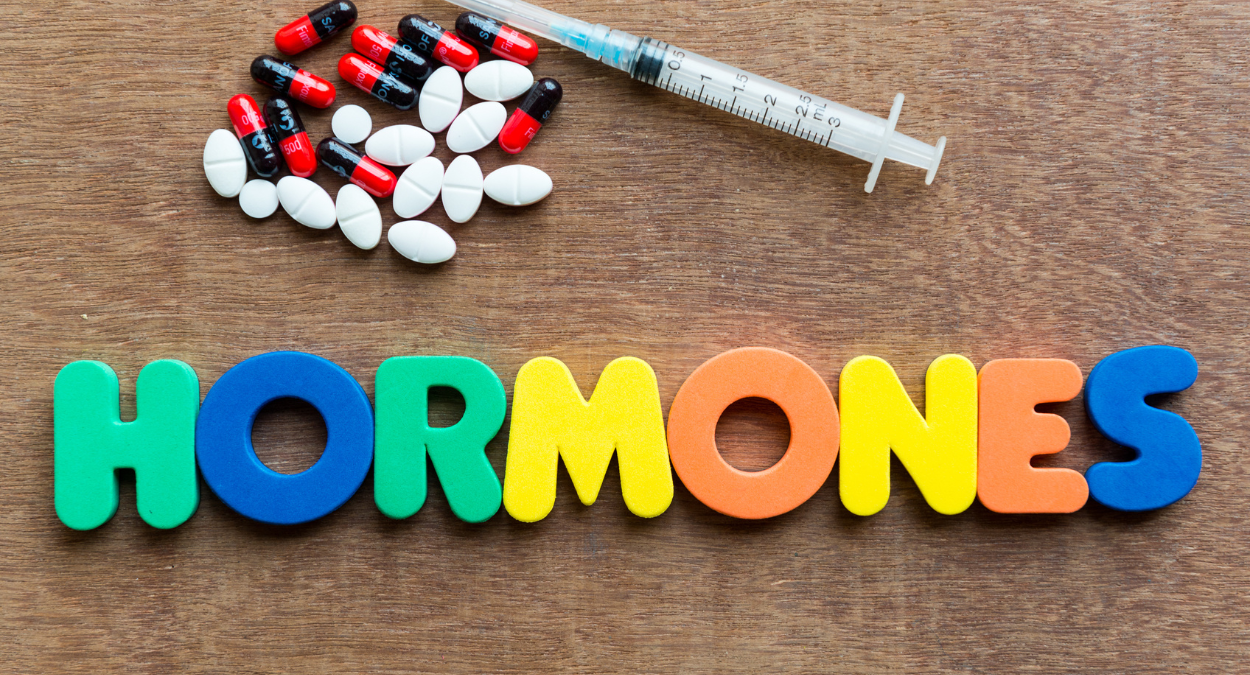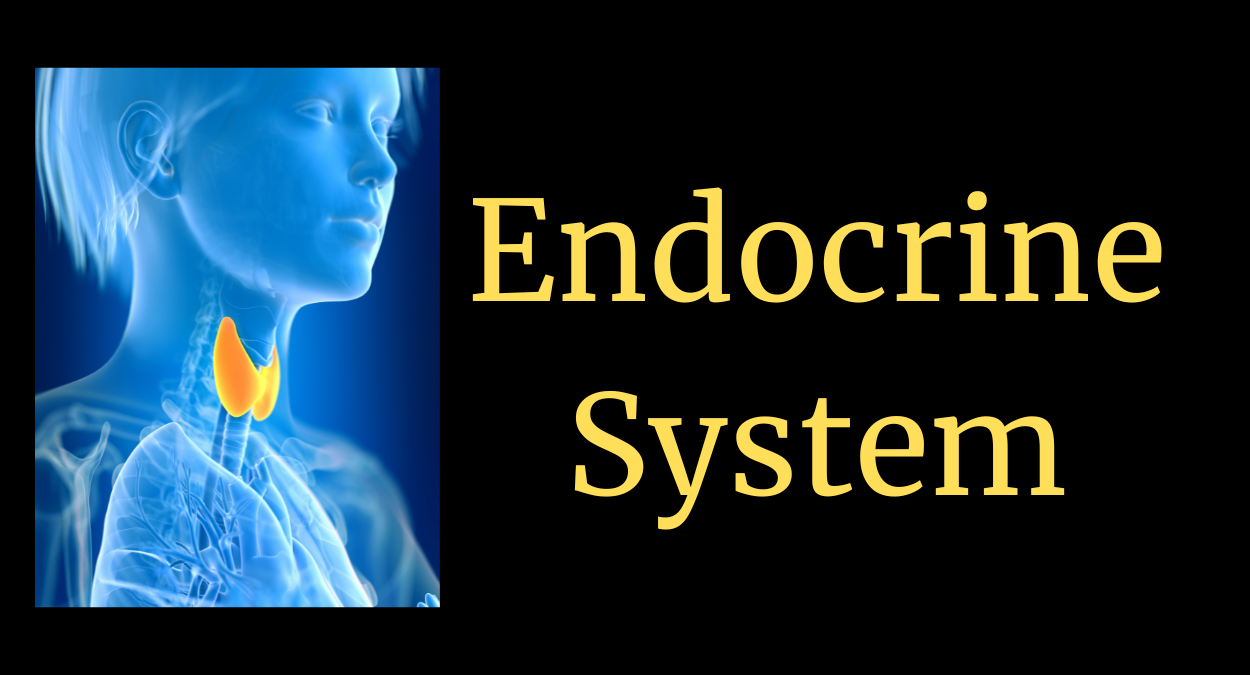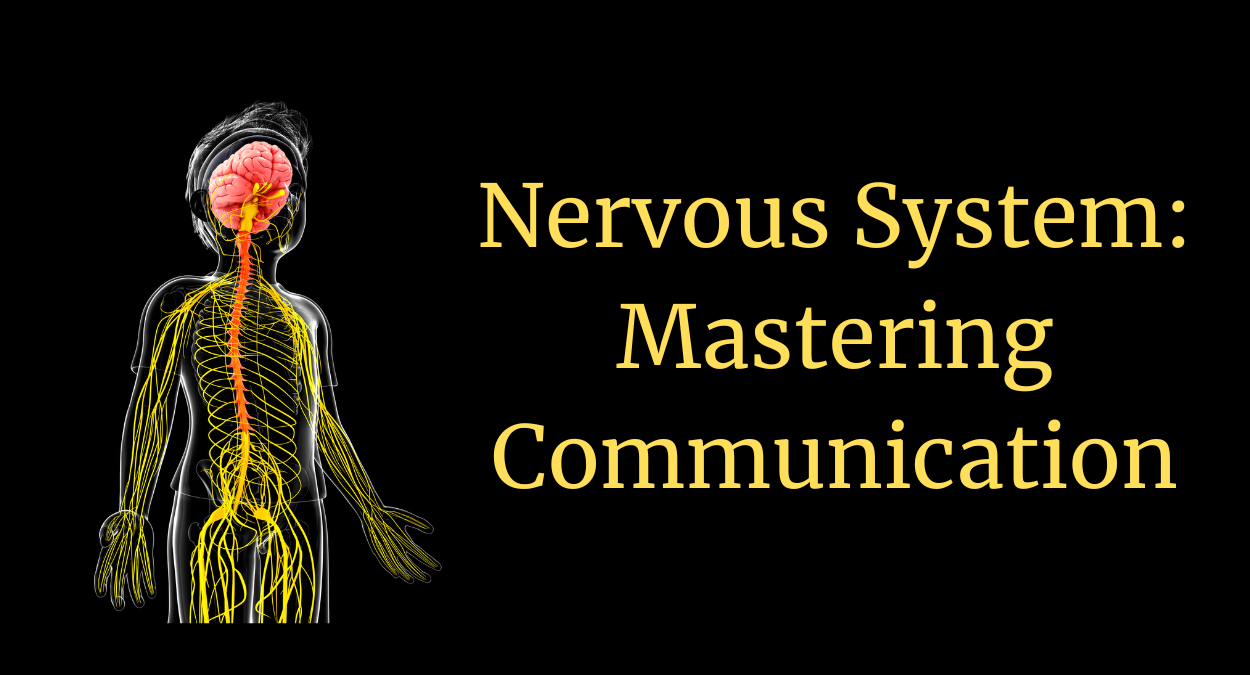Demystifying Hormones – A Comprehensive Guide
Introduction
Within the intricate symphony of the human body, hormones play a pivotal role in regulating various physiological processes. The endocrine system, a complex network of glands, secretes these chemical messengers, influencing everything from growth and metabolism to mood and reproduction. This article explores the diverse types of hormones, their functions, and the impact they have on our overall well-being.
Peptide Hormones
Peptide hormones, composed of amino acids, constitute a significant class of hormones. They include insulin, growth hormone, and oxytocin. Operating through cell surface receptors, peptide hormones initiate cascades of intracellular events, influencing processes such as cell growth, metabolism, and water balance.
Steroid Hormones
Steroid hormones, derived from cholesterol, exert their effects by entering cells and modifying gene expression. Notable examples include cortisol, testosterone, and estrogen. Understanding the unique structure of steroid hormones provides insights into their diverse roles in the body, including immune response modulation and regulation of reproductive functions.
Amino Acid-Derived Hormones
Derived from amino acids, this class includes hormones like epinephrine and thyroid hormones. The structure of these hormones allows for rapid response signaling, influencing processes such as the stress response and metabolic rate.
Major Endocrine Glands
Several glands contribute to the body’s hormone production. The pituitary gland, often referred to as the “master gland,” oversees the activity of other endocrine organs. The thyroid gland regulates metabolism, while the adrenal glands govern the stress response. Additionally, the pancreas produces insulin, vital for glucose regulation, and the gonads release sex hormones.
Regulation of Hormone Release
Precise regulation of hormone release is crucial for maintaining homeostasis. Feedback mechanisms, both positive and negative, play a key role. Various factors, including stress, sleep, and external stimuli, influence the secretion of hormones, ensuring adaptive responses to changing conditions.
Hormonal Imbalance
When the delicate balance of hormones is disrupted, it can lead to various health issues. Hormonal imbalances may result from factors such as aging, stress, or medical conditions. Common disorders include hypothyroidism, diabetes, and hormonal disruptions affecting reproductive health.
Growth Hormones
Growth hormones, such as human growth hormone (HGH), are instrumental in regulating growth and development. Abnormalities in growth hormone levels can lead to conditions like gigantism or dwarfism, highlighting the critical role these hormones play in shaping our physical stature.
Reproductive Hormones
Reproductive hormones orchestrate the intricate dance of the male and female reproductive systems. From estrogen and progesterone in females to testosterone in males, these hormones govern menstrual cycles, fertility, and secondary sexual characteristics.
Stress Hormones
The body’s stress response is orchestrated by hormones like cortisol and adrenaline. These hormones prepare the body for a “fight or flight” response, mobilizing energy and enhancing alertness. Chronic stress can lead to dysregulation of these hormones, contributing to various health issues.
Metabolic Hormones
Metabolic hormones, including insulin and leptin, play a crucial role in regulating energy balance. Insulin facilitates glucose uptake, while leptin signals satiety. Dysregulation of these hormones is implicated in conditions like obesity and metabolic syndrome.
Thyroid Hormones
The thyroid gland produces hormones that regulate metabolism, energy production, and body temperature. Disorders such as hypothyroidism and hyperthyroidism underscore the significance of maintaining thyroid hormone balance for overall health.
Endorphins: The “Feel-Good” Hormones
Endorphins, often associated with exercise and positive experiences, act as natural mood enhancers. Understanding the functions of endorphins provides insights into the profound impact of activities like exercise and laughter on mental well-being.
Hormones and Aging
As individuals age, hormone levels undergo changes, influencing various aspects of health. Understanding these age-related hormonal shifts is crucial for addressing the unique health needs of different life stages.
Conclusion
In the intricate tapestry of human physiology, hormones emerge as the silent conductors orchestrating a symphony of life-sustaining processes. From the complex interplay of the endocrine system to the diverse functions of individual hormones, this exploration highlights the significance of hormonal balance for optimal health. As we delve deeper into the realms of endocrinology, we gain valuable insights into the delicate equilibrium that governs our well-being.
Frequently Asked Questions (FAQs)
1. How do hormones work in the body?
Hormones act as chemical messengers, traveling through the bloodstream to target cells and organs, where they exert their effects by regulating various physiological processes.
2. What are the major endocrine glands?
– The major endocrine glands include the pituitary gland, thyroid gland, adrenal glands, pancreas, and gonads (testes and ovaries).
3. What causes hormonal imbalances?
Hormonal imbalances can result from factors such as aging, stress, medical conditions, and lifestyle factors, disrupting the normal functioning of the endocrine system.
4. How do hormones affect metabolism?
Hormones like insulin and leptin play a crucial role in regulating metabolism by influencing processes such as glucose uptake and energy balance.
5. Can hormonal imbalances be treated?
Treatment for hormonal imbalances depends on the specific condition and may involve lifestyle changes, medications, or hormone replacement therapy. Consultation with a healthcare professional is essential for personalized care.





